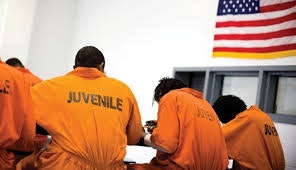
That was the message that David Domenici, a former principal at a school located in the D.C. juvenile jail who now advocates for better education in juvenile jails, sought to deliver on the heels of new set of guidances jointly issued earlier this week by the U.S. Department of Education and the U.S. Department of Justice.
“We need to make sure the higher ed folks spread the word on this,” said Domenici, executive director and founder of the Center for Educational Excellence in Alternative Settings.
Domenici also said higher education and juvenile justice leaders should collaborate to make efforts to provide online education to young people being held in juvenile facilities and do their best to make it work, even though completion rates for online education are frequently unimpressive.
“Instead of shrugging your shoulders and saying, ‘This ain’t gonna work,’ ask, ‘What can higher ed do to make it more likely for these guys to be successful?” Domenici said.
Domenici made his remarks following this week’s issuance of a guidance from U.S. Secretary of Education Arne Duncan and U.S. Attorney General Eric Holder that clarifies whether young people being held in juvenile justice facilities are eligible for Pell Grants — something Domenici says many in the in both the juvenile justice field and higher education thought was the case because of their interpretation of the Violent Crime and Control Law Enforcement Act of 1994, which included a ban on Pell Grants to prisoners.
Domenici had been pushing for clarification on the issue in recent years.




















